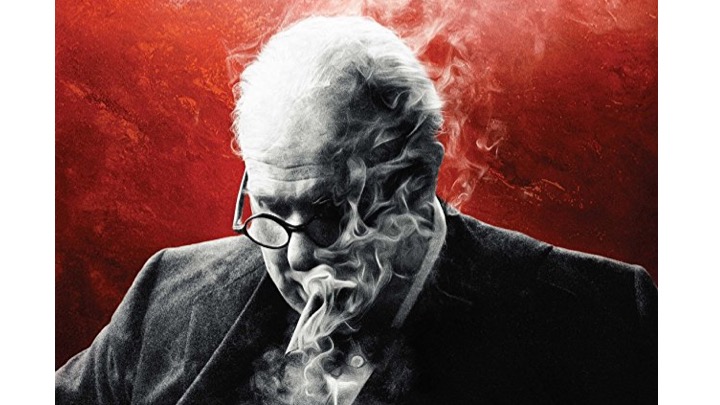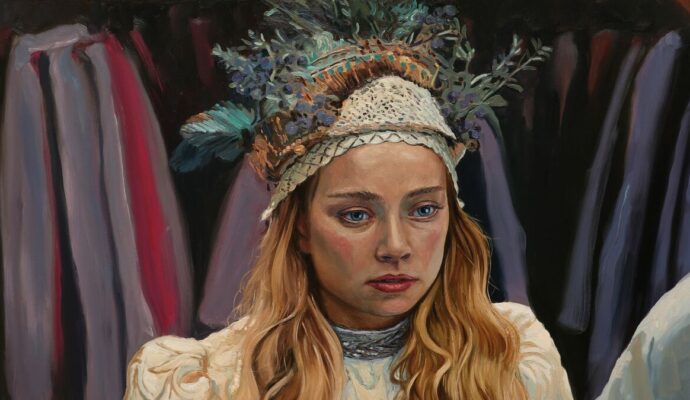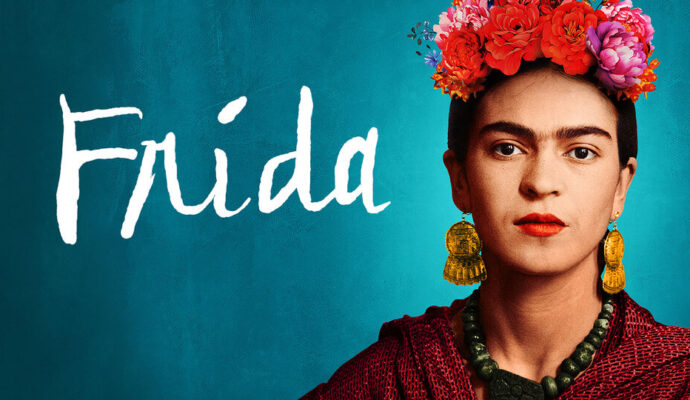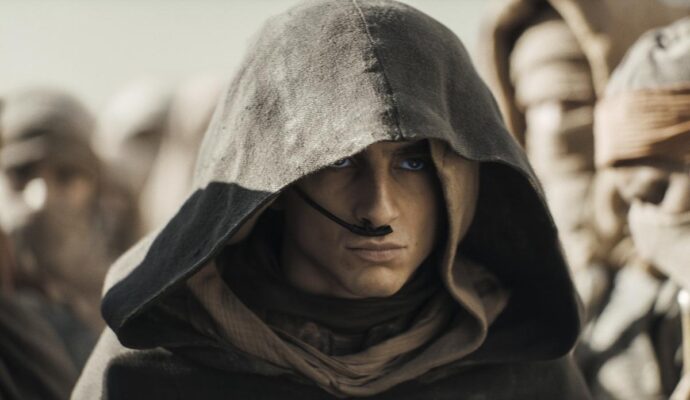“Darkest Hour” – “I am unwanted.” – Winston Churchill (Gary Oldman)
Untested, unappreciated and soon-to-be unwanted within Parliament, Winston Churchill became the United Kingdom’s Prime Minister in May 1940, because Neville Chamberlain resigned during Germany’s rapid advance through Western Europe during World War II. Inheriting a country teetering between appeasement and conflict, Churchill sided with the latter. Rather than negotiate peace, his instinct was to fight Hitler and his fearsome military, but with 300,000 British soldiers trapped on the French beaches of Dunkirk, treaties between Germany and/or Italy became much more palatable options within the smoky and shaken hallways of UK’s Parliament.
Members inside Churchill’s war cabinet ratcheted up a mean-spirited whisper campaign against the man, who was already an unpopular PM choice within his own government.
“He is delusional.”
“He comes up with 100 ideas a day, and only four are good.”
“He’s a drunkard.”
With Western Europe – and 300,000 troops – seemingly running and jumping squarely on his back and asking for a miracle, Churchill was politically alone in during his darkest hour.
In a recent interview, Oldman said that he had some sleepless nights leading up to his work as Churchill, because the responsibility to faithfully play one of Britain’s most titular leaders. Sleep or no sleep, he successfully presents a nuanced and spirited performance of a man facing long, long odds in one of the most critical four-week periods in recent British history, a time which also embodied “the making of the man.”
Led by director Joe Wright (“Pride & Prejudice” (2005), “Hanna” (2011)), Oldman plays Churchill as a sometimes-cantankerous, but always engaged new leader, aware of the nearby governing-vultures looking to pick at his figurative dead carcass. Churchill also carries a spring in his step, one that he probably wishes to parade nearly all the time, but the gravity of war and the shadows cast by his fellow lawmakers almost constantly subdue this urge. Thankfully, he shares some needed light moments with an unlikely source, his secretary, Elizabeth Layton (Lily James). Wright and Oldman surely include additional key spots of warm humor to sometimes brighten the daunting, uphill history that Churchill faced during the newness of his position.
A Churchill movie in 2017, however, is not a new idea. A companion film, director Jonathan Teplitzky’s “Churchill” – also released in 2017 – points to the days leading up to an altogether different French beach conflict, D-Day, the invasion of Normandy. War raged for five years and had somewhat-beaten down Churchill, skillfully played by Brian Cox. Teplitzky’s film hands Churchill five long years of Brits returning in body bags and bombs dropping from the sky, and these emotional bullets can wear down any leader. Cox effectively absorbed these wounds, as the torment weighs on Churchill’s face, body language and temper. His relationship with his wife, Clementine (Miranda Richardson), became strained at best and troubled and combative at its worst, as the war-torn years eroded their marriage’s foundation.
Not so, in Wright’s film. Although, Winston certainly cannot be mistaken for a cuddly teddy bear, Clementine (Kristin Scott Thomas) supports him, despite his faults. The film establishes their relationship within the first few minutes with two appealing exchanges between Clementine and Elizabeth and then with her and Winston, as we marvel (and chuckle) at her nurturing skill sets within their household. Churchill is need of some nurturing, and Clementine’s encouragement brings a bounce that helps translate to his spirited, adept political skills and courage through the Dunkirk quagmire.
In addition, to “Churchill” (2017), Christopher Nolan’s “Dunkirk” (2017) offers another comparison piece to “Darkest Hour”. While “Dunkirk” sports gigantic sets that host open spaces for warships, planes and boats to move along France’s coastline and the English Channel, “Darkest Hour” focuses on the mechanics and associated political maneuvering of the famed rescue attempt within the close confines of bunkers and smoky rooms. The tactical gamesmanship in this picture, admittedly, is less engaging than Steven Spielberg’s “Lincoln” (2012), but there is no denying the sky-high stakes. Wright may not point his camera in the direction of public angst and stress over the war very often but does tender memorable bookend tracking shots of London’s streets and the imprints of the conflict on the faces of everyday Brits.
Make-up designer Kazuhiro Tsuji deserves huge credit for imprinting Churchill’s physical appearance on Oldman, as the slim actor is nearly unrecognizable on-screen. Tsuji applied make-up and prosthetics on Oldman for four hours a day every day, and the results are startling. No, Oldman did not gain 60 pounds for the role, but his physical transformation (into) and emotional presentation as one of the most important leaders of the 20th Century could very well attract a 2018 Best Actor Oscar nomination. At times, sure, the picture feels like it nominates Churchill’s greatest hits, but its most valuable scenes are the quiet ones. Close conversations with King George VI (Ben Mendelsohn), the seconds before his first public radio address and the simple lighting of his trademark cigar are just some of the many moments that help convey that Churchill, indeed, was very rightly wanted.
⭐⭐⭐ out of ⭐⭐⭐⭐
Image credits: Focus Features; Trailer credits: Movieclips trailers




